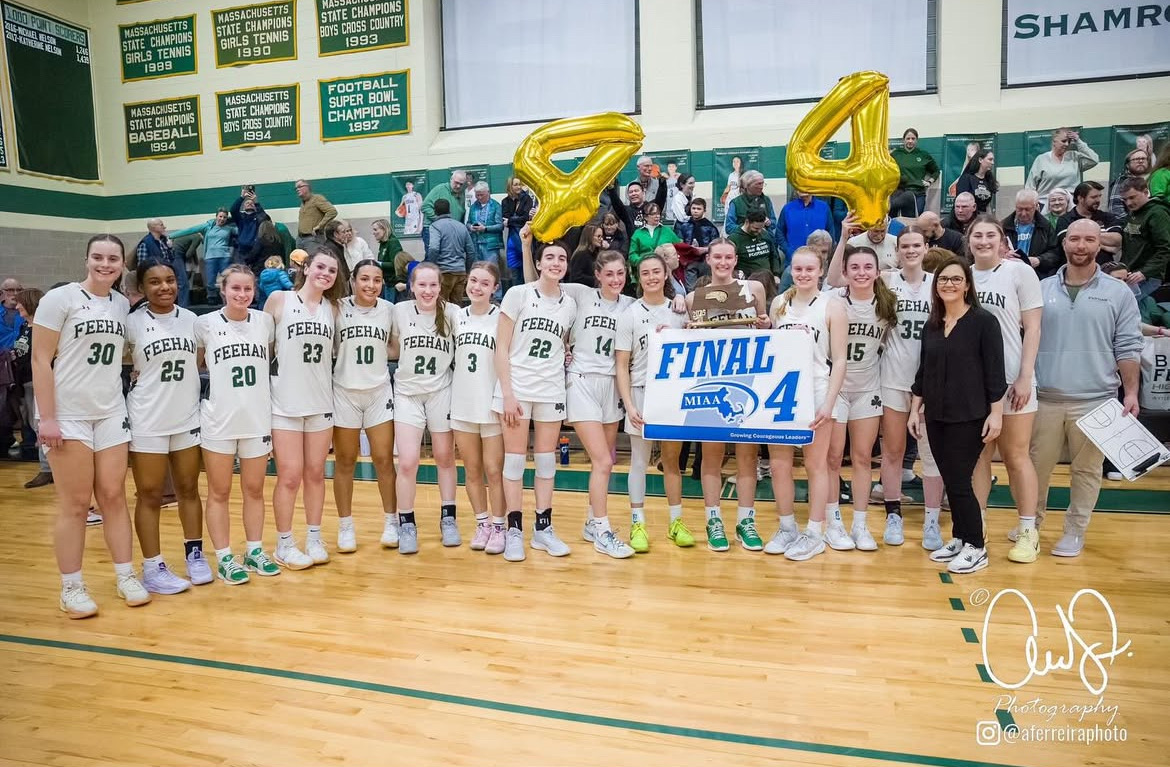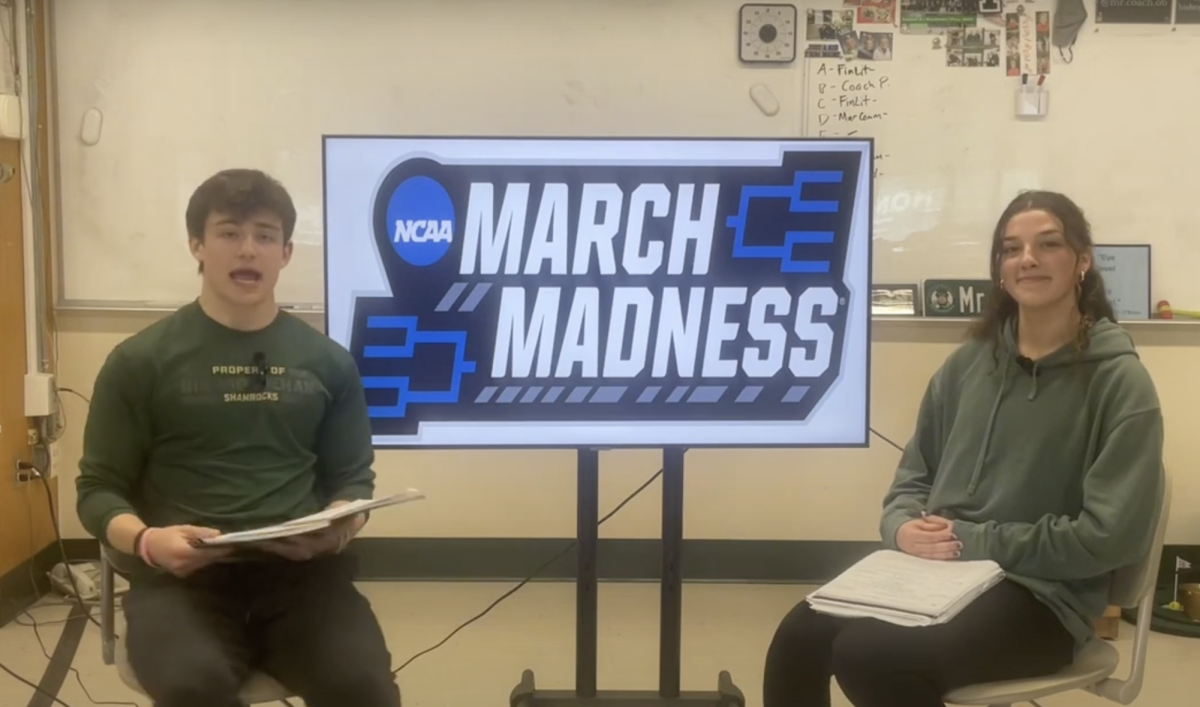The 2024 presidential primaries have continued into February and March, but they have led to results that were widely expected.
By the end of January, President Joe Biden and former President Donald Trump were the heavy favorites to win their parties’ nominations and looked set for a 2024 rematch. In the month of February, Biden won the South Carolina, Nevada, and Michigan Democratic primaries, while Trump won the South Carolina, Nevada, US Virgin Islands, and Michigan Republican primaries.
Former South Carolina governor and UN ambassador Nikki Haley did win an unofficial Nevada primary, although the option “None of These Candidates” received more votes than she did.
March had the most presidential primaries of any month, including the 15 “Super Tuesday” primaries. President Biden won 15 of the Democratic Super Tuesday primaries, while minor candidate Jason Palmer won the American Samoa Democratic caucus. Trump won 14 of the Super Tuesday primaries, in addition to caucuses in 3 other states, while Haley won only the Vermont primary (in addition to the DC primary). Haley dropped out of the race after her poor Super Tuesday performance, as did Biden challenger Rep. Dean Phillips (MN). By March 12, Biden and Trump had won even more primaries and clinched a majority of delegates for their parties, officially becoming their presumptive party nominees.
In the midst of primary season, the Supreme Court unanimously ruled on March 4 that Donald Trump would remain on the ballot in Colorado, Maine, and Illinois, despite efforts to remove him from the ballot due to his actions on January 6. 5 of the conservative justices ruled that the power to remove candidates from the ballot lay solely with Congress. President Biden also gave his State of the Union Address on March 7, which was generally received well by his allies.
While President Biden won most of his primary contests heavily, a protest movement also emerged, with many voters choosing to vote for no one (uncommitted delegates) rather than Biden. Uncommitted delegates got 13% of the vote in Michigan and North Carolina, 19% of the vote in Minnesota, and 29% of the vote in Hawaii. This opposition comes from a variety of factors: opinions over the war in Gaza, concerns over Biden’s age (he will be 82 in January;
Trump will be 78, while independent Robert F. Kennedy, Jr. will be 71), and lack of enthusiasm and low approval ratings are just some of them.
Although primary season officially ends in June, the contests are all but over. Attention will now shift towards the Biden-Trump rematch in November. The Republican National Convention will be held from July 15-18, followed by the Democratic National Convention from August 19-22. The main unknown in the race at this point is who Trump will select to be his vice presidential nominee. Potential candidates include (among others): South Dakota governor Kristi Noem, ex-presidential candidates Sen. Tim Scott and Vivek Ramaswamy, US Representative Elise Stefanik, and former Democratic Representative Tulsi Gabbard (currently an Independent).



















